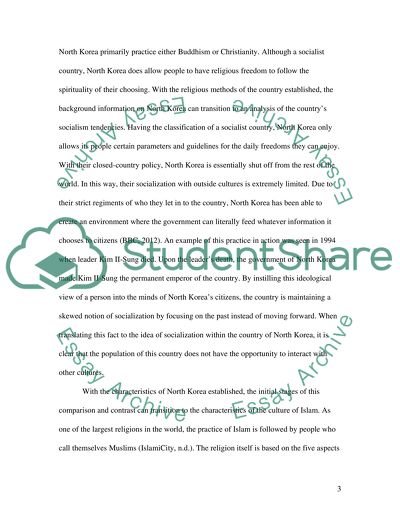Cite this document
(“Project: Transnational Crime Coursework Example | Topics and Well Written Essays - 1500 words”, n.d.)
Project: Transnational Crime Coursework Example | Topics and Well Written Essays - 1500 words. Retrieved from https://studentshare.org/miscellaneous/1587330-project-transnational-crime
Project: Transnational Crime Coursework Example | Topics and Well Written Essays - 1500 words. Retrieved from https://studentshare.org/miscellaneous/1587330-project-transnational-crime
(Project: Transnational Crime Coursework Example | Topics and Well Written Essays - 1500 Words)
Project: Transnational Crime Coursework Example | Topics and Well Written Essays - 1500 Words. https://studentshare.org/miscellaneous/1587330-project-transnational-crime.
Project: Transnational Crime Coursework Example | Topics and Well Written Essays - 1500 Words. https://studentshare.org/miscellaneous/1587330-project-transnational-crime.
“Project: Transnational Crime Coursework Example | Topics and Well Written Essays - 1500 Words”, n.d. https://studentshare.org/miscellaneous/1587330-project-transnational-crime.


